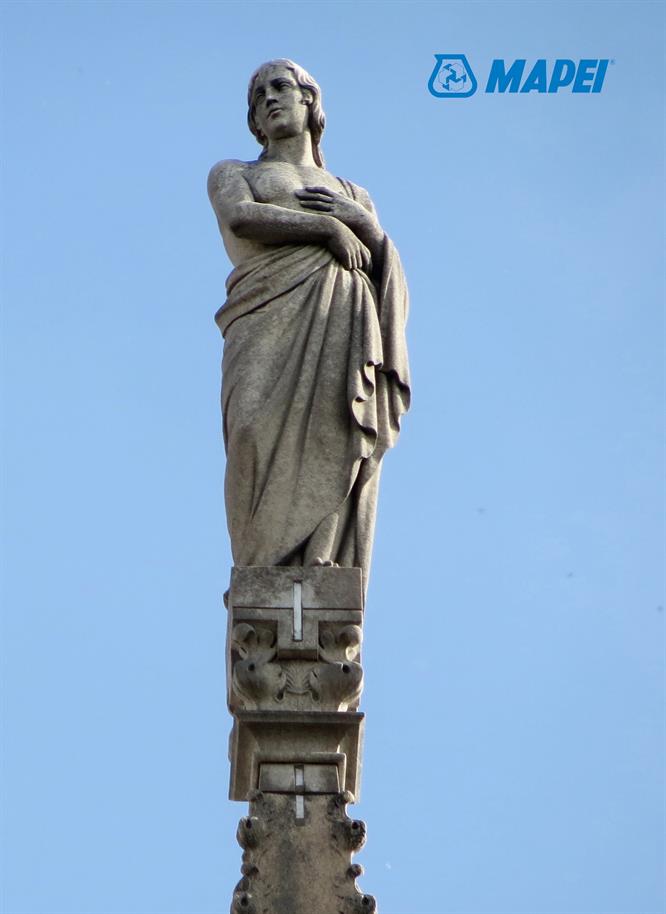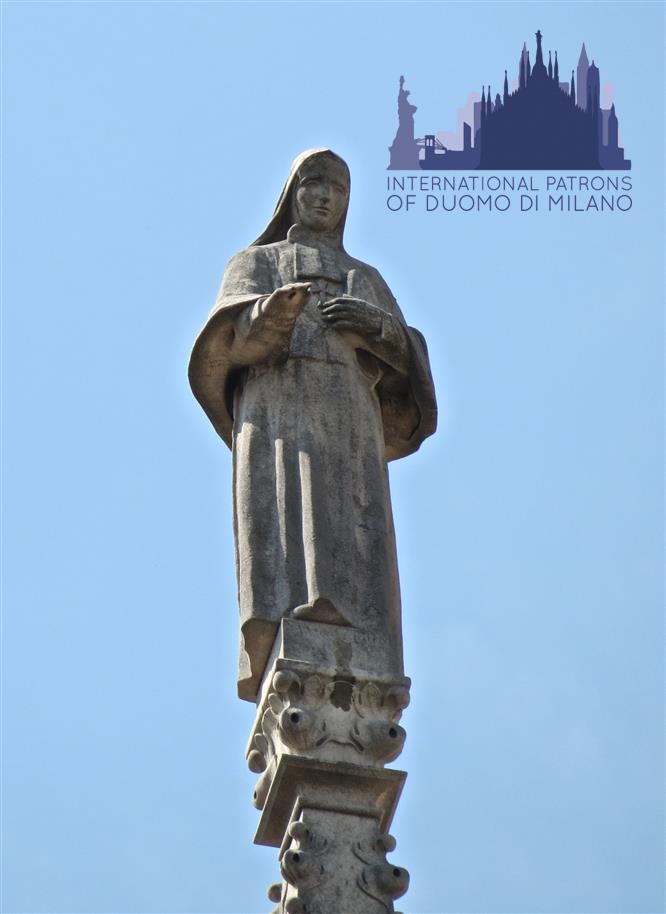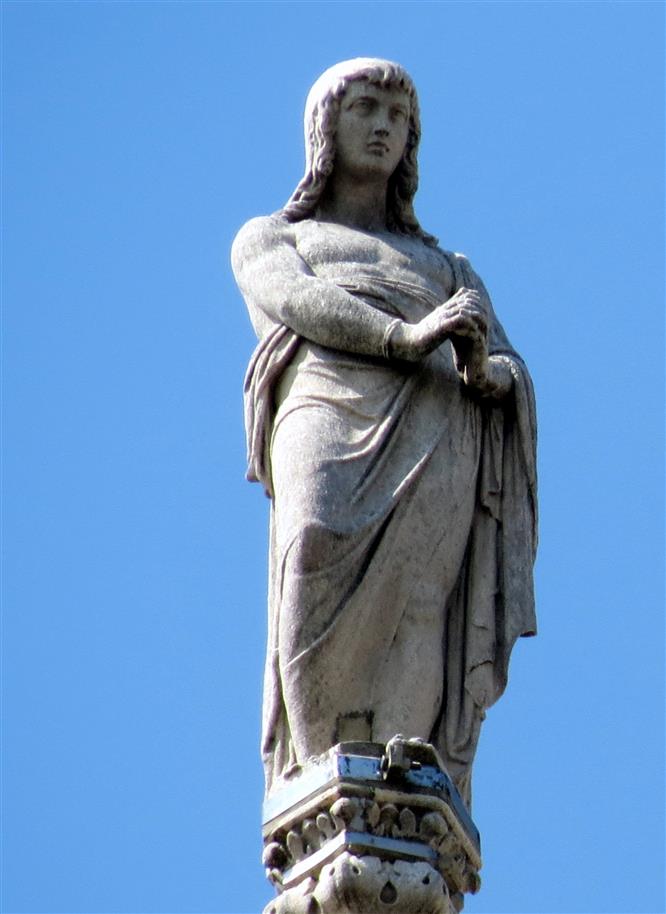The martyrdom of Marcellinus, high imperial functionary and friend of St. Augustine, is linked to the Donatist schism that tore the African Church for more than a century. Its beginnings date back to 310 when the validity of the election of the bishop of Carthage, Caecilian, was questioned because consecrated by “traitor” bishops. When the Edict of Diocletian forced the Christians to hand over their Scriptures to be burned, those who followed his will were labeled traditores – traitors – and seen as public sinners. The bishop Donatus (from which the name of the sect, Donatism, derives), set by the schismatic party against the legitimate bishop, Caecilian, summarized the doctrinal affirmation in these two points: the Church must be a church of “saints” and that sacraments administered by the sinners were invalid. However, in actual fact the doctrinal pretext hid regional and social oppositions: Numidia against proconsular Africa, and proletarians against Roman landowners. It is at this point that the personal events of the saint in question, distinguished victim of the Donatists, come into play. Marcellinus was a tribune and notary in Carthage. A good family man, and model Christian, his friend St. Augustine described him as a man of “fama et pietate notissimus” – i.e. known for the general high regard he received for his piety. Eager to learn, he often turned to St. Augustine for explanations regarding the most controversial points of Catholic doctrine. It is to the praiseworthy curiosity of this pious official that we owe some of the works written by the great theologian of Hippo, including the treatise On Remission of Sin, On the Spirit, and the most famous one On the Trinity, which however Marcillinus was never able to read as, in the meantime, he had paid with his life the courage to side with the Catholic tradition, in the conference held at Carthage in 411 between the Catholic and Donatist bishops. Marcellinus gave the victory to the Catholics, which resulted in a prohibitive edict against the Donatists promulgated by Emperor Honorius. For this reason, the Donatists took revenge accusing him of complicity with the usurper Heraclianus. The accusation was serious and Marcellinus was sentenced to death by the count Marinus on September 13th. The following year the same emperor recognized the mistake made by Roman justice. Once the accusation of complicity between Marcellinus and the rebel Heraclianus was dropped, all the decisions made by the tribune were sanctioned and approved and the Church honored Marcellinus as a martyr for never having compromised the truth, not even in the face of death.
ST. MARCELLINUS
Symbol: Palm
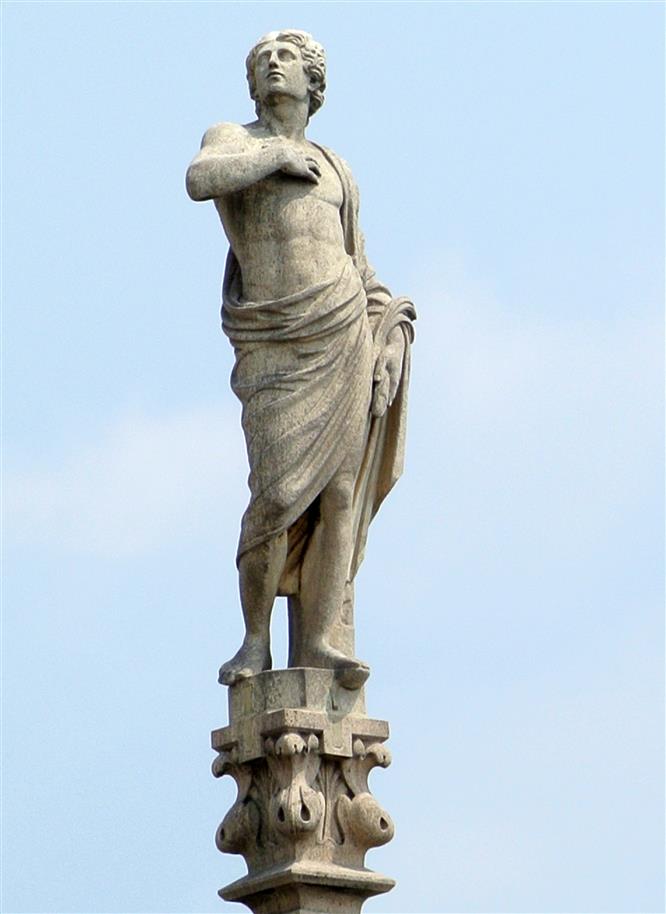


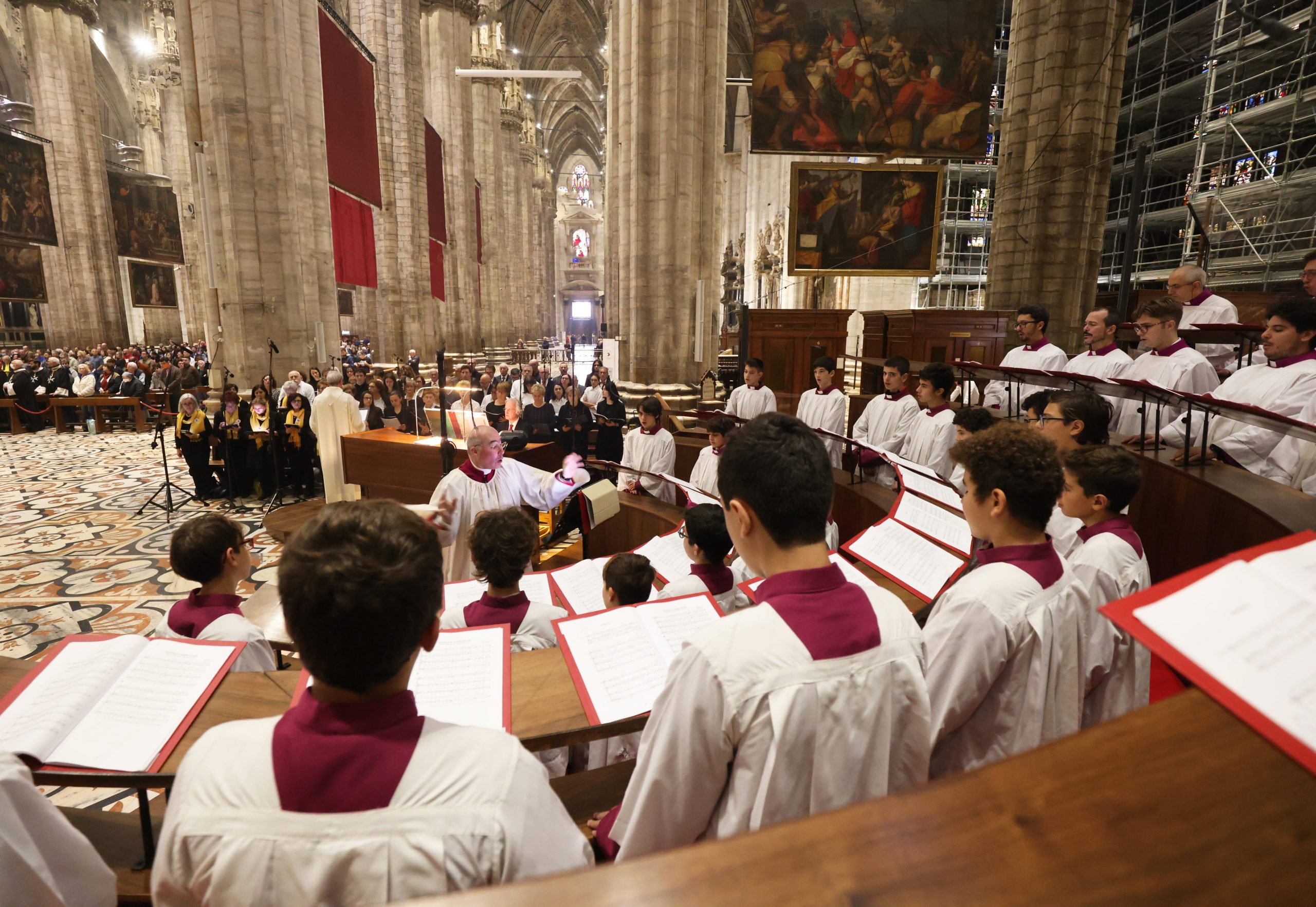
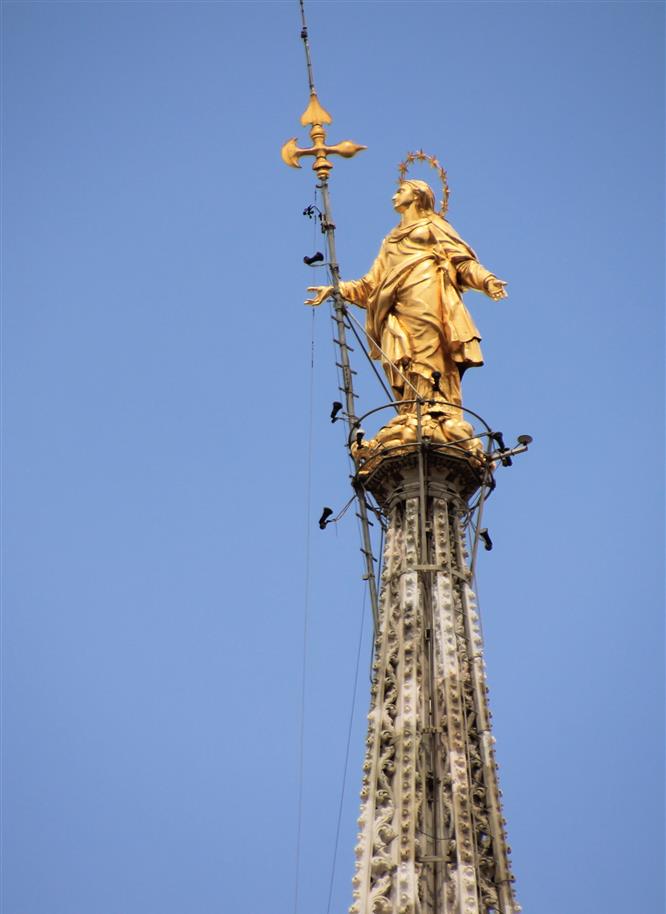
 Tiburio
Tiburio